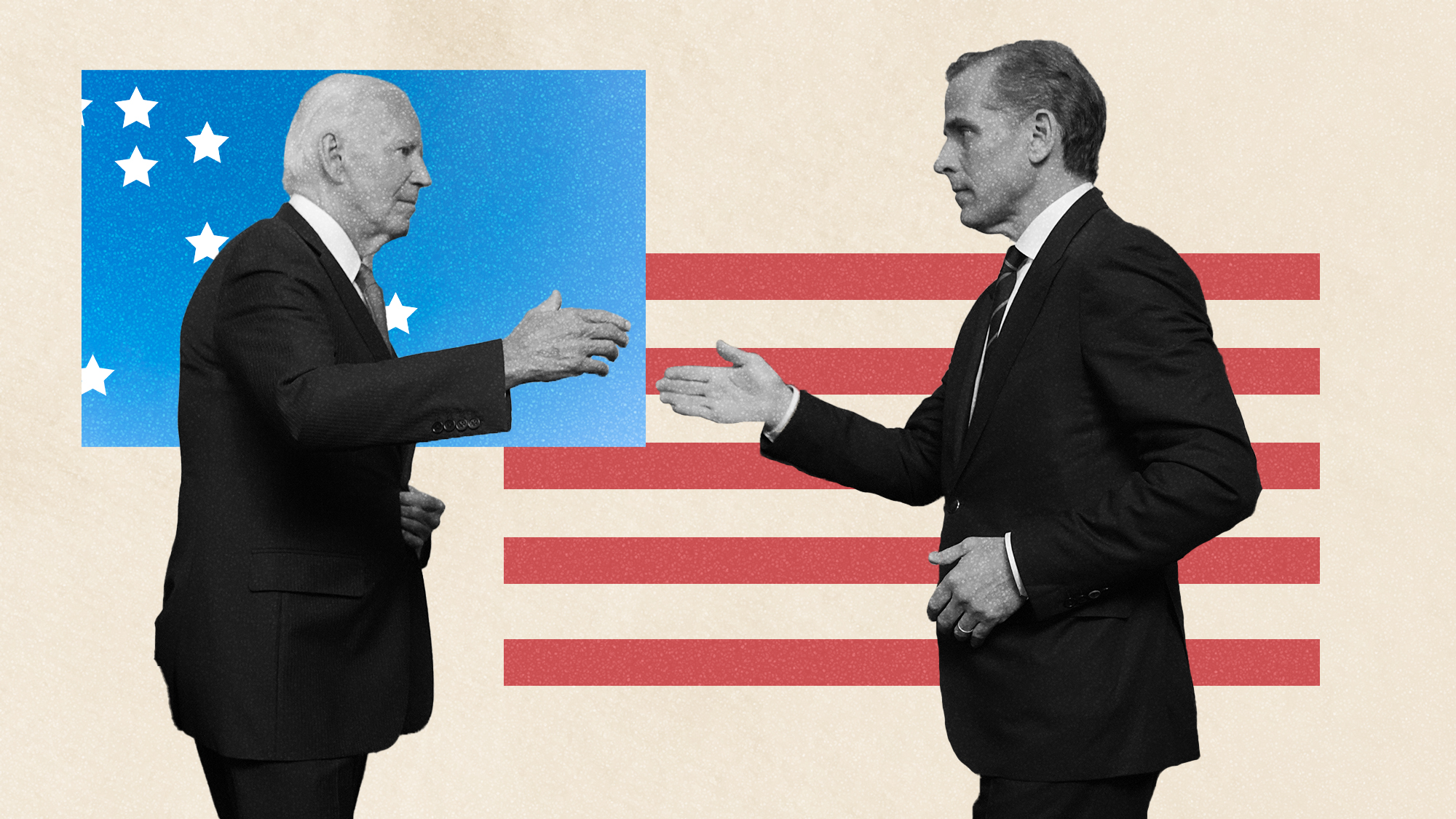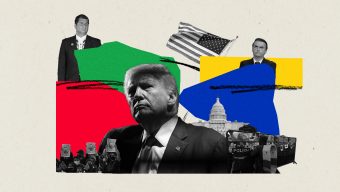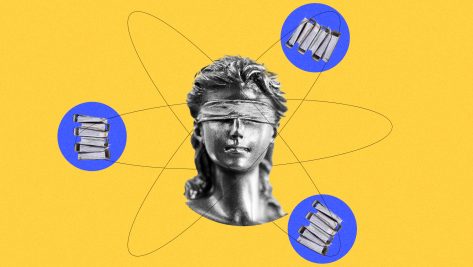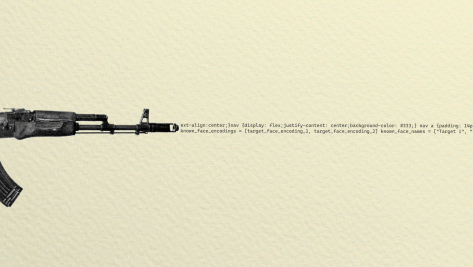The spokesperson for the Biden administration has repeatedly stated that President Biden would not pardon his son, Hunter Biden, in relation to his federal felony charges, including those for gun violations and tax offenses. These statements seemed to make it clear that the president intended to avoid any perception of using his power to intervene in his son’s legal matters. However, in a surprising turn of events, on December 1, President Biden issued a full and unconditional pardon to Hunter Biden, contradicting his previous assurances. This unexpected decision raised significant questions about the motivations behind the pardon and the broader implications for the perceived independence of the justice system.
What are the legal and political implications of President Biden’s pardon? This question will be explored by examining, first, the scope of presidential authority to issue pardons and the legal foundations underlying this power. Next, the analysis will consider the role of the judiciary in overseeing or responding to such actions. Finally, attention will turn to the political ramifications of utilizing public power, particularly when it appears to serve self-interested purposes.
Article II, Section 2 of the Constitution of the United States empowers the President with executive clemency, the power to grant reprieves and pardons. This provision includes the authority to alleviate the consequences that would typically result from committing an offense against the United States, meaning a federal crime. The President’s powers in this regard cover various forms of relief, which include not just a complete individual pardon or a temporary reprieve, but also group amnesty for offenders, the reduction of criminal sentences, and the cancellation of fines or penalties.
The authority granted to the president by the constitution has its roots in the powers held by the English Crown. The concept of a mercy prerogative exercised by the king dates back to the reign of King Ine of Wessex (688–725 A.D.) and was formally established by Parliament as a right exclusive to the Crown during King Henry VIII’s reign (1509–1547 A.D.) by 1535.
Pardon is the legal process that allows for the complete or partial annulment of criminal convictions or prison sentences, as well as the reduction of fines and associated penalties imposed on offenders, and has been an integral part of the modern legal system since the inception of organized legal frameworks. The concept of pardon can be found in Mosaic Law, Greek Law, and Roman Law.
When elected leaders exploit their authority for personal gain, it erodes public trust.
Pardon is an administrative procedure that was originally conceived of as a judicial function but is nowadays perfectly compatible with the modern understanding of checks and balances and the sharing of powers. The Constitution allocates distinct powers among the branches of government: the legislature is responsible for creating laws that define crimes and establish punishments; the judiciary is tasked with trying offenses and imposing penalties as specified by those laws; and the executive has the authority to grant relief from the punishments determined by law and the judiciary.
The legal nature of pardon as a mechanism of checks and balances over the judiciary raises questions about when the executive should exercise such authority.
One of the founding fathers of the US Constitution, Hamilton, in Federalist Paper 74 remarked that “the criminal code of every country partakes so much of necessary severity, that without an easy access to exceptions in favor of unfortunate guilt, justice would wear a countenance too sanguinary and cruel.” Hamilton’s position reflects a recognition that laws and their rigid applications, designed to ensure order and accountability, can sometimes result in excessive punishment, especially in cases where mitigating circumstances or human fallibility are involved. By allowing for exceptions in the form of pardons or clemency, justice can be tempered with mercy, preserving its legitimacy and moral authority.
Indeed, pardon, as a mechanism of clemency, serves to harmonize justice with leniency and mercy. Victor Hugo eloquently captured the virtue of mercy in his monumental novel, Les Misérables. Through the character of Inspector Javert, Hugo personifies the rigid and unyielding nature of legalism, portraying him as a man devoid of the capacity for pardon and compassion.
Interestingly, the classification of the pardon power as a judicial function and a mechanism of checks and balances prevents the courts from reviewing its exercise. The US Supreme Court stated that “pardon and commutation decisions have not traditionally been the business of courts; as such, they are rarely, if ever, appropriate subjects for judicial review.” From a separation of powers perspective, it would be paradoxical for decisions related to pardons—intended to act as a check on judicial power—to themselves be subject to judicial oversight.
But what are the political implications of President Biden’s general pardon of his son Hunter Biden?
First and foremost, during the electoral campaign, Democrats warned that if Trump were to win, he would pardon all of his supporters convicted in connection with the January 6, 2021, Capitol insurrection. They criticized Trump for undermining accountability for criminal behavior and, more importantly, for using the pardon power in a way that would foster perceptions of self-interest. A pardon for those involved in the insurrection could be seen as an act of self-preservation, rewarding individuals who supported his efforts to overturn the 2020 election results. Such a move would have further fueled concerns about the misuse of presidential power for personal and political gain.
Biden’s use of the pardon power to benefit his son, however, illustrates that self-interest in politics transcends political ideologies. Such self-serving use of public power creates the perception that ordinary citizens are bound by the rules, while those in positions of power—or those close to it—are free to circumvent them. This stands in direct contrast to the principle that power should be entrusted to public officials for the common good. When elected leaders exploit their authority for personal gain, it erodes public trust and diminishes confidence in the integrity of the political system.
Finally, there is also another concern in relation to the reasoning behind the pardon. In the official statement President Biden reasoned his decision claiming that his sons’ convictions were a miscarriage of justice and that his son was mistreated because of their family relationship, stating that “Without aggravating factors like use in a crime, multiple purchases, or buying a weapon as a straw purchaser, people are almost never brought to trial on felony charges solely for how they filled out a gun form.”
This reasoning also brings renewed focus to the independence of the U.S. justice system. If the President of the United States lacks faith in the judicial system, can ordinary citizens be expected to trust it?
© IE Insights.











